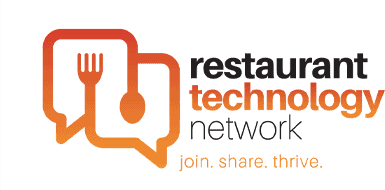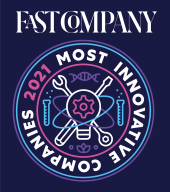Businesses in a vast variety of industries are embracing and relying on business analytics to improve the way they do business on a day-to-day basis, and the hotel industry is no exception to the rule.
The use of data analytics is vital in the development of marketing strategies, enhancing productivity, and building customer loyalty in the hotel industry. Using data analytics, hotels can more effectively personalize experiences for their guests, expand their customer base, and introduce better hotel pricing strategies.
Here are a few ways in which hotels can use smart data analytics to increase business and improve the guest experience.
Customer profiling
Customer profiling involves the compilation of data such as income levels, family status, age, and cultural, sports, and entertainment interests. Through an in-depth analysis of guests’ lifestyle characteristics and demographics, these attributes can be used to develop model guest profiles, which can contribute to targeted marketing campaigns.
Accurate customer profiles can be extremely useful in identifying which prospective guests are most likely to respond to specific marketing and/or promotional offers. Customer profiling is also an important factor in identifying which market segments are potentially the most profitable and productive.
Personalization
Using the information about customers’ behavior and actions compiled above, you’re now in the position to provide them with personalized offers that serve their individual needs more effectively and give their guests experience a personal touch.
As an example, clients who visit your hotel restaurant for business purposes on a frequent basis can be approached with a targeted, personalized email message. You could thank them for enjoying your restaurant in the past, and offer a coupon for a free appetizer or drink on their next visit.
There are a variety of marketing automation tools available to aid in this process, allowing you to target guests with a personalized and effective cross-channel marketing strategy. With solutions like those from OneDine, patrons can order via their mobile device, easily pay, split the check, or pay per item, and they can do all this on their schedule and from the convenience of their room, a table, poolside, your lobby—in short, anywhere on your property.
The OneDine platform can then use customer-centered profiles and purchasing histories to offer personalized offerings and menu suggestions tailored to each individual patron.
These solutions can not only keep you and your guests safer, they can also keep customers coming back by showing them that you’ve got their best interests and safety in mind, and by making things more convenient for everybody involved.
Data on the go
Speaking of mobile solutions, increasing numbers of hotels are developing mobile apps that allow guests to book a hotel room. Booking rooms, however, is just the tip of the iceberg. Mobile apps can represent significant benefits for guests if developed correctly.
Apps on mobile devices can be used to make reservations in restaurants and spas, allow keyless entry to your hotel rooms, and, as mentioned above, they can be used to place orders in your restaurant or to request room service.
In addition to these guest-centric benefits, mobile applications can also generate massive amounts of data that can be analyzed and put to use in many useful ways.
Mobile tech can also make life much easier for staff. Housekeeping staff can use smart devices to know in real-time which guests prefer an extra pillow or need extra towels.
Most of the staff within hotels are constantly on the move. They can’t rely on a computer in an office to provide them with real-time guest information that can transform a guest’s experience from just acceptable to exceptional. Placing on-the-go, user-friendly analytics in the hands of guest-facing employees can only serve to improve customer satisfaction.
Energy consumption
60 to 70 percent of the utility costs of a typical hotel can be traced directly to energy consumption, but these costs can be controlled through increased efficiency—without sacrificing guest comfort.
Smart data can aid in building energy profiles for your hotels by gathering data from multiple sources, including a building’s energy consumption, weather data, and electricity rates to build a comprehensive building energy profile. Cloud-based, predictive analytics algorithms can then help determine whether power comes from the grid or an onsite battery module at any particular time.
Use it or lose it
The fact is that with modern technology, it’s become increasingly easy to collect, interpret, and put to use vast amounts of information regarding everything from facilities management to guest experience in the hotel industry. The benefits are many and real—but only if you put the data to use.





